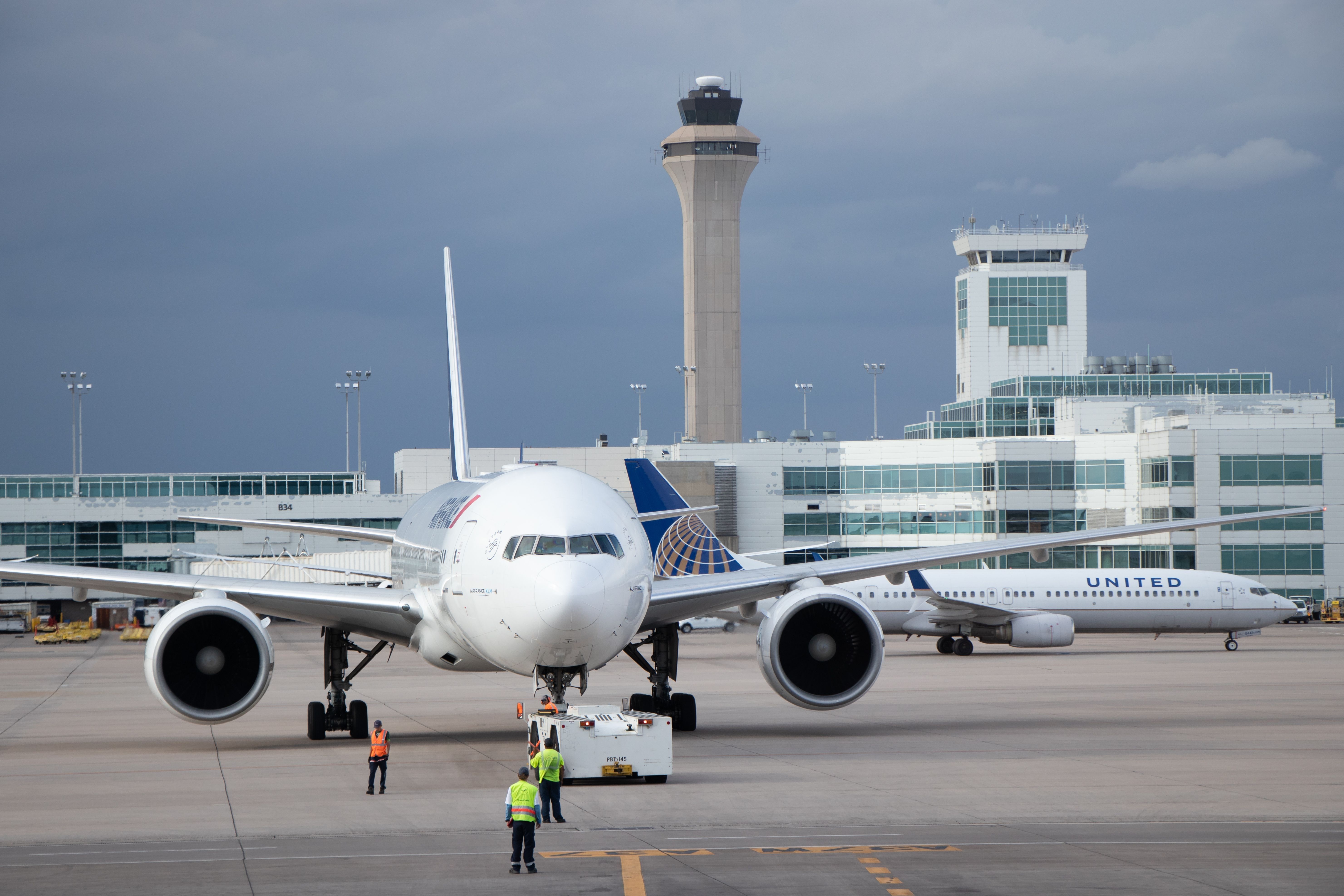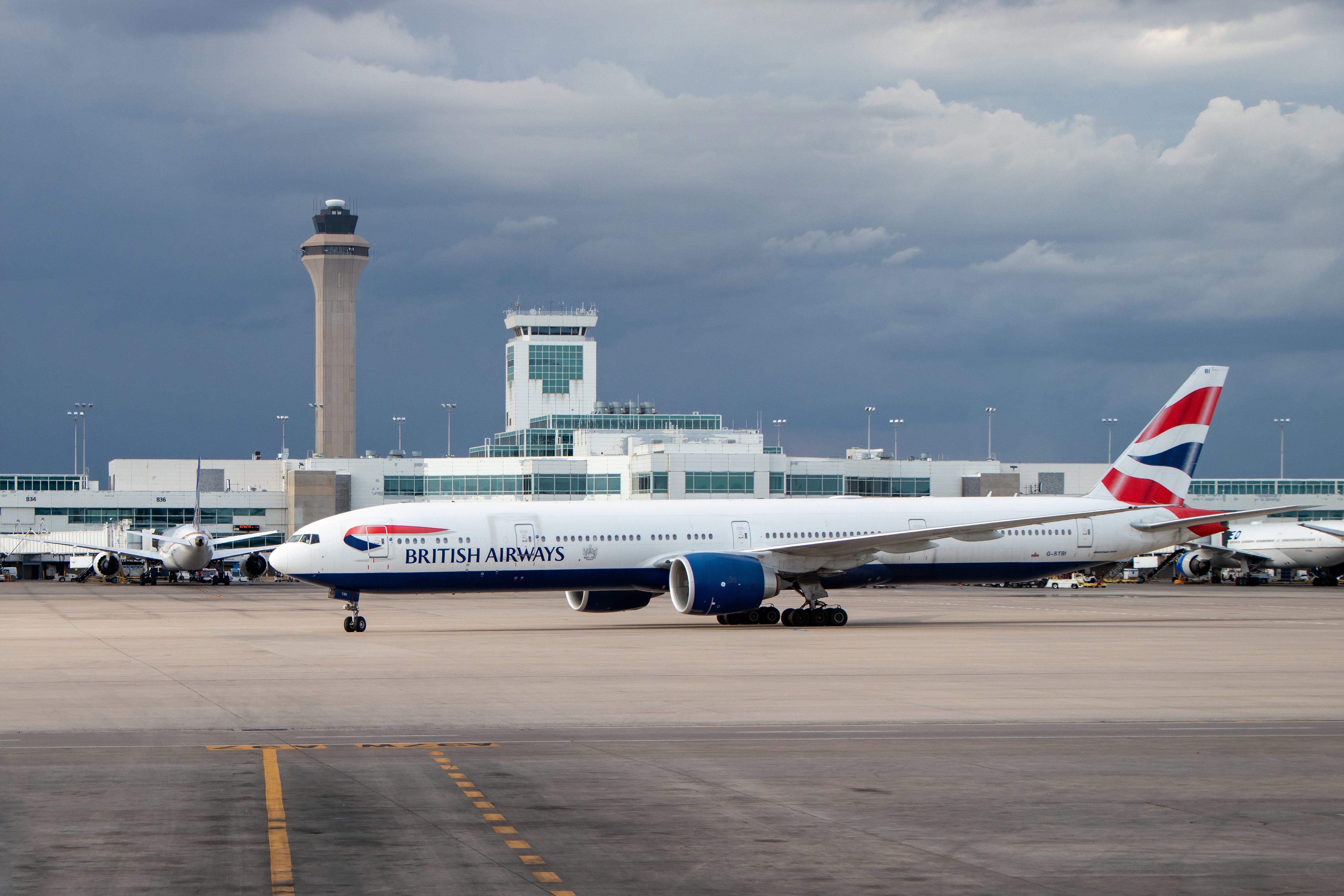Summary
- Denver International Airport implements facial recognition at 15 boarding gates for faster and seamless boarding procedures.
- Passengers who prefer not to use the biometric system can opt out and follow traditional boarding procedures.
- Despite privacy concerns, biometric systems are increasingly deployed at airports, with the majority of passengers supporting the technology for faster and easier travel experiences.
Denver International Airport has announced that it is implementing facial recognition biometric systems at 15 of its boarding gates to expedite boarding procedures for international flights. This makes Denver the latest of the airports in the country to utilize biometric systems to provide a smoother on-ground passenger experience at airports while maintaining safety and security.
Facial recognition boarding
The latest airport in the United States to implement facial recognition systems is
Denver International Airport
(DEN) in Colorado, US, as the airport is set to use the technology on 15 of its boarding gates across concourses A and C. The airport states that it will be using this technology for international flights operating out of the airport, and the system will allow passengers to board their flights without having to present their passports or travel documents at the gate, thus making the whole process seamless and faster.
Reports suggest that the system will use the images and data solely for the purpose of real-time passenger verification and will be deleted after the boarding process.
Photo: Nate Hovee | Shutterstock
Airport CEO, Phil Washington in the press release stated,
“Our investment in this state-of-the-art technology underscores our strong commitment to supporting our airline partners and aligns with federal initiatives to advance secure and efficient air travel.
The system matches traveler’s biometric with stored biometric information within seconds.”
Additionally, the biometric system allows airlines to verify passengers boarding their aircraft on their lists without having to manually check their boarding passes.
Passengers may choose to opt-out
Considering that some passengers passing through the airport might have reservations about using biometric systems for privacy reasons, the airport has additionally stated that passengers who would prefer not to use the biometric systems have the option not to do so by notifying an airline official or a member of US Customs and Border Protection (CBP).
This would, however, mean that the passenger will have to follow the traditional boarding procedure and have their travel documents and verification done manually by an airport or airline member at the boarding gate.
Photo: Nate Hovee | Shutterstock
The airport further reports that the CBP is committed to ensuring the privacy of passengers using biometric systems and has outlined safeguards that ensure only a limited number of personal details are utilized in the biometric processing of passengers. While pictures of US citizens will be deleted from the system within 12 hours, images of foreign nationals who are mandated to provide images will have their details securely stored in the Department of Homeland Security systems.
Increasingly deployed across airports
Though some passengers passing through airports are against utilizing biometric systems, the technology has been increasingly utilized at airports across the country in recent years at various points in the airport. Official data from the US CBP shows that biometric technology is used across 238 airports in the country for arriving passengers, while 49 airports currently use biometric technologies for passengers departing on international flights.
As reported by Cities Today, a recent survey conducted with US passengers shows that a majority of travelers passing by the airport are in favor of utilizing biometric technology because of the seamless travel experience it provides.
Data collected from the survey shows that 79% of passengers support using biometric systems at
Transportation Security Administration
(TSA) checkpoints for identification verification purposes, and nine in 10 passengers are happy to use the system just to pass through various checkpoints at a faster pace.

